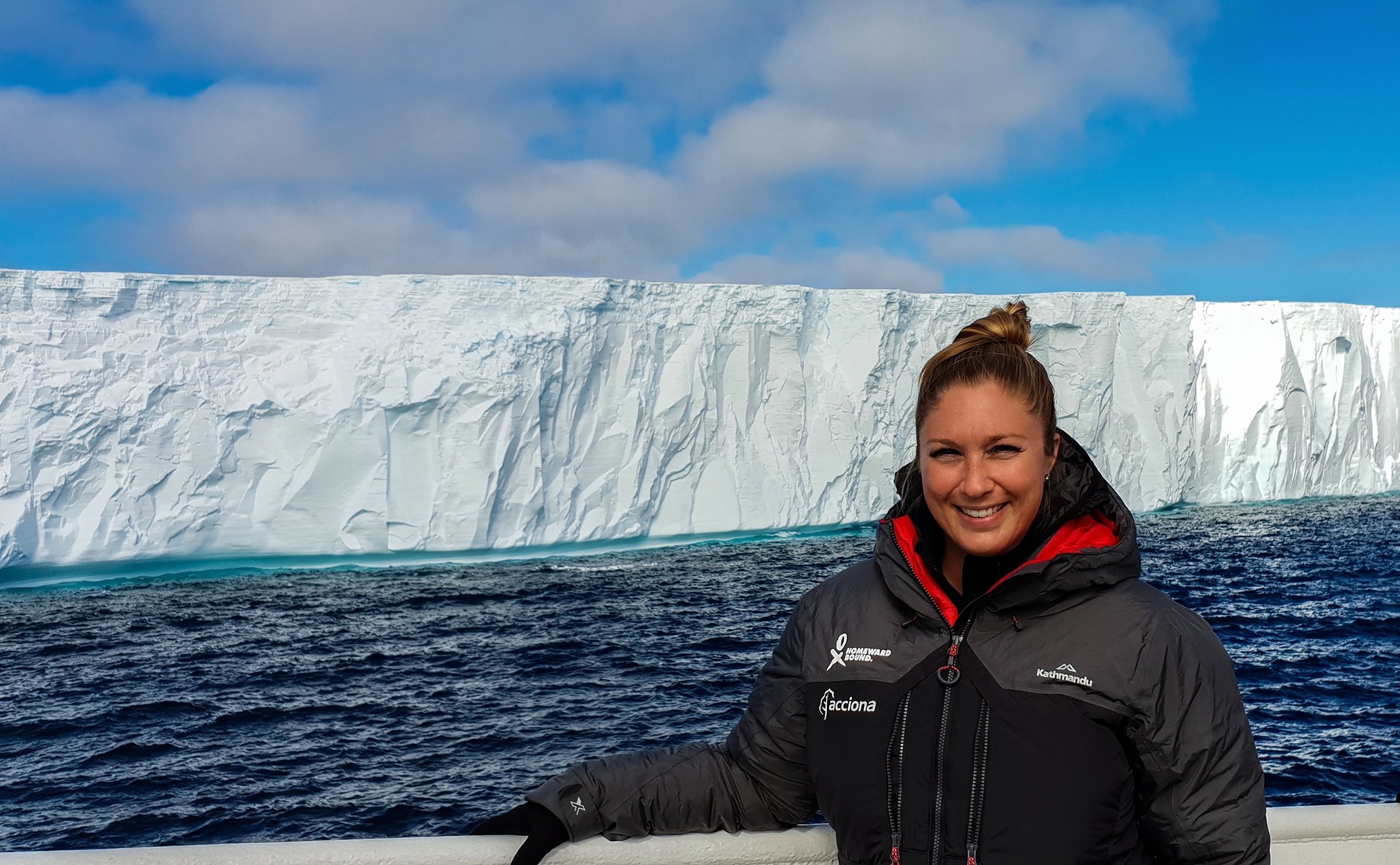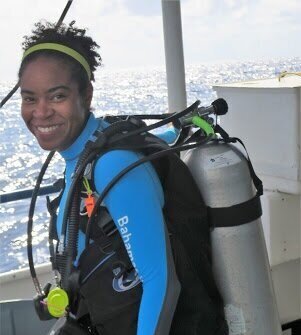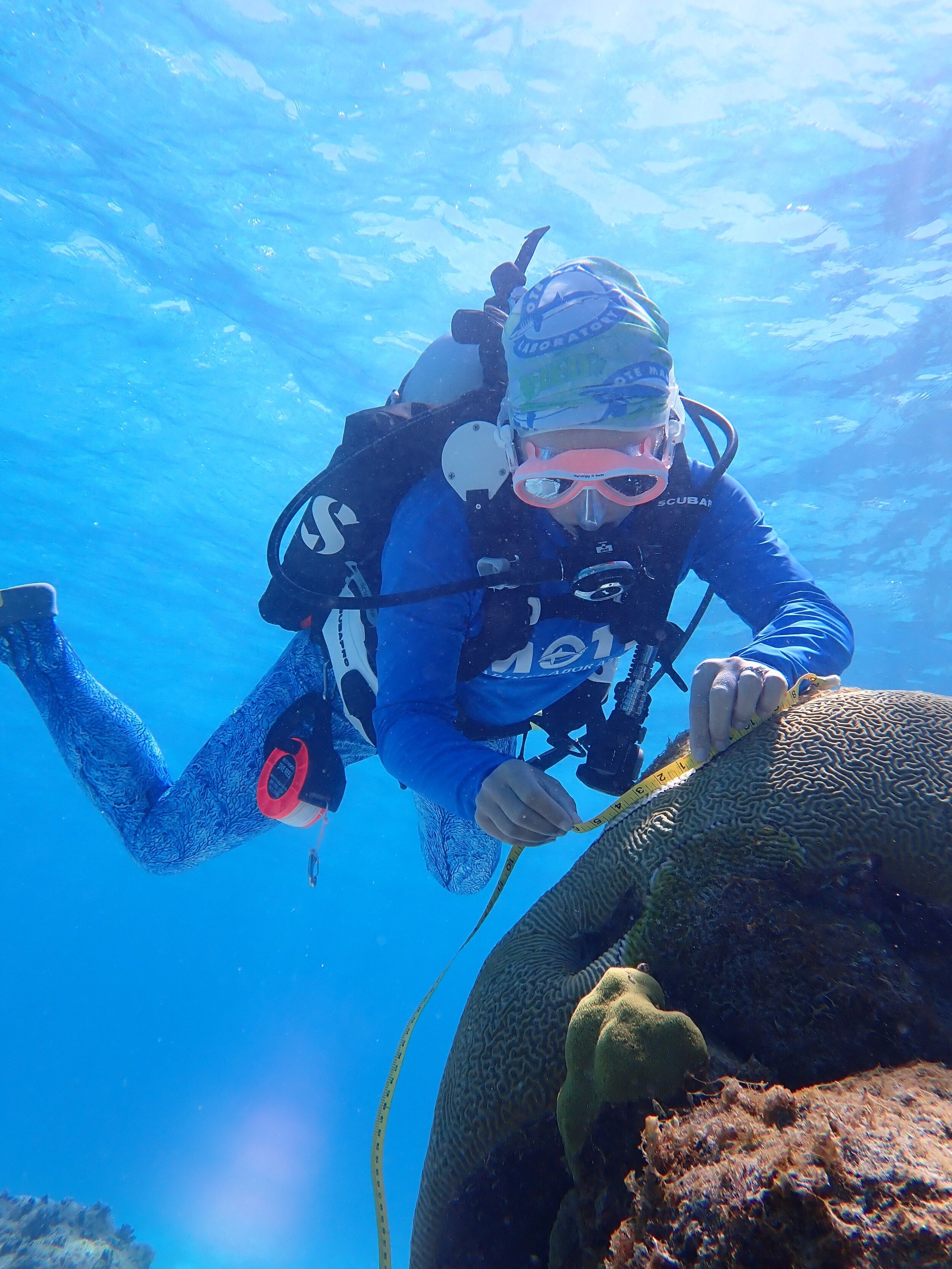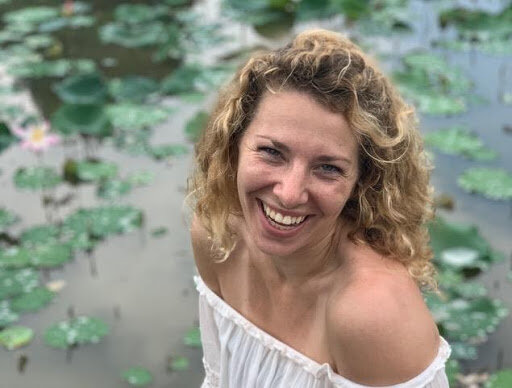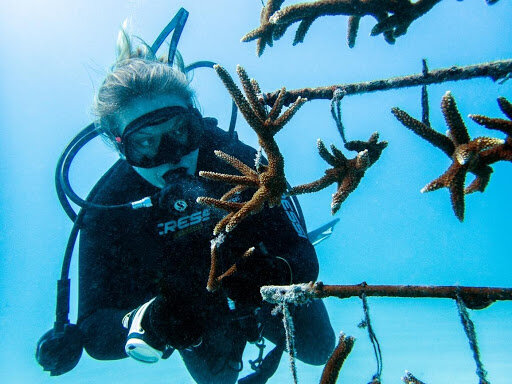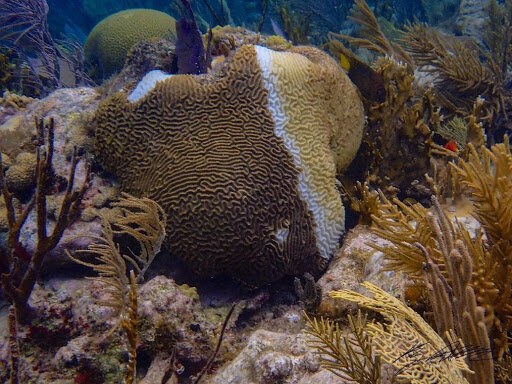Recent posts
RESOURCES
Conservation Charities:
FACEBOOK Communities:
All Articles
One of the hardest things about studying the ocean is that it is fluid (yes, that was a joke). But what I mean is that the only real boundaries are land. I would argue that our “blue planet” has more cracks and creavaces for marine life to hide than land. We can predict general areas where certain species should be, but that does not always mean we will find our target material.
Crystal clear turquoise waters encompass The Bahamas and support a wealth of marine habitats, from coral reefs to mangroves and seagrasses. Home to the third largest coral reef in the world, the marine environment is bustling with exotic life. Meet Dr Krista Danielle Sherman, the first female Bahamian scientist to achieve her PhD within the Marine Sciences, who works tirelessly to ensure these intricate ecosystems remain pristine for years to come.
A few years and career moves later, I find myself as an aquarist at the New York Aquarium (NYA). For the first time, I can confidently tell people that my job doesn’t feel like “a job”, which is something I have been wanting to find for a very long time. At NYA, I am one of the aquarist who is primarily in charge of the Conservation Hall galleries.
‘We have to fight now to preserve what we have left’, says Dr Erinn Muller, a Senior Scientist at Mote Marine Laboratory and Aquarium. Erinn is also the coral Health and Disease Program Manger and an avid SCUBA diver from the U.S.A. She has an extensive background conducting research on coral health, disease and restoration from around the globe, including Florida, Indonesia and Saudi Arabia with a research focus on what makes corals sick and why some corals are more resilient to threats in comparison to others.
Stereotypes. Since the 1950s research has exposed the way students depict a scientist. White lab coats, eccentric men, wild hair and extravagant experiments all epitomise the stereotypical ‘mad scientist’ portrayed by the media. Although gender stereotypes may be on the decline, understanding the role of a modern scientist is important. Firstly, not all lab work requires a white coat and a crazy experiment!
Like many of the extraordinary women featured on this site, I fell in love with the ocean early on and fell hard. Declaring myself a future marine biologist by the time I was about 9 years old, I spent summers exploring the barnacle-ridden rocky tidal pools at Wingaersheek Beach in my home state of Massachusetts or catch-and-releasing crabs and invertebrates that were unfortunate enough to pass by my grandparents’ dock in Chesapeake Bay. I was happiest when I was saltiest, and that hasn’t changed.
The first time I saw stony coral tissue loss disease, I knew it could mean the end of these beautiful coral reefs that I grew up with, unless we act now!”


